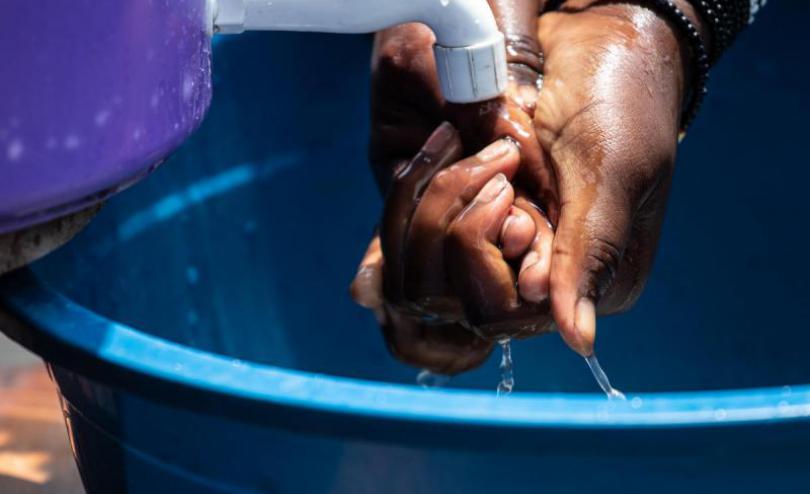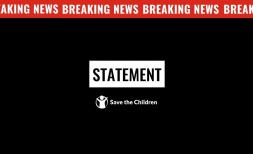Ebola: Even without WHO declaration, Uganda cases are “a clear warning that not enough is being done to curb the virus”

- The spread to Uganda “should be a clear warning that not enough is being done to curb the virus”
- Death rate is even higher than the 2014 West Africa outbreak
- The virus has claimed the lives of well over 350 children so far
Save the Children urges the international community to step up its fight against the Ebola virus, even though the WHO today decided not to declare the outbreak in the DRC and Uganda a public health emergency of international concern.
Ian Vale, Regional director for Save the Children in East and Southern Africa said:
“It was only a matter of time before this terrible disease surfaced in Uganda and the fact that it has should be a clear warning that not enough is being done to curb the virus. The death rate of this outbreak is around 67 percent, which is even higher than the 2014 outbreak in West-Africa.
“Our teams in the field in the DRC see the devastating effect of the virus on children every day – they have died, have seen parents and family die in the most gruesome way, they live in fear, schools are closed.
“The international community must step up support and do all it can to stop the disease in its tracks in the DRC, and to prevent it from spreading any further in Uganda.”
The agency said international donors should prioritise supporting community awareness campaigns to ensure that people have accurate information about how to prevent the spread of the disease, recognise the symptoms and know what to do in response. Misinformation and lack of community engagement has been a major barrier to tackling the outbreak in the region so far.
In recent days, one five-year old boy and his grandmother died of Ebola in Uganda and another three-year old boy has been confirmed with the disease. There are four other suspected cases reported in the country. The virus has claimed the lives of more than 1,400 people in the DRC, including well over 350 children.*
This Ebola outbreak, the 10th in DRC, was declared on 1 August 2018. Since then, Save the Children has reached around 1 million people in the country with information on how to recognise symptoms and how to keep the disease from spreading.
In Uganda, Save the Children has been working with local communities and district authorities to help mitigate the spread of the outbreak. More than 1,000 Ugandan health workers, volunteers, teachers, village health teams and laboratory staff have so far been trained to prevent and respond to cases. Save the Children has also distributed prevention information in health facilities and border crossings, and installed handwashing facilities to reduce the risk of contamination.
ENDS
*World Health Organisation figures




